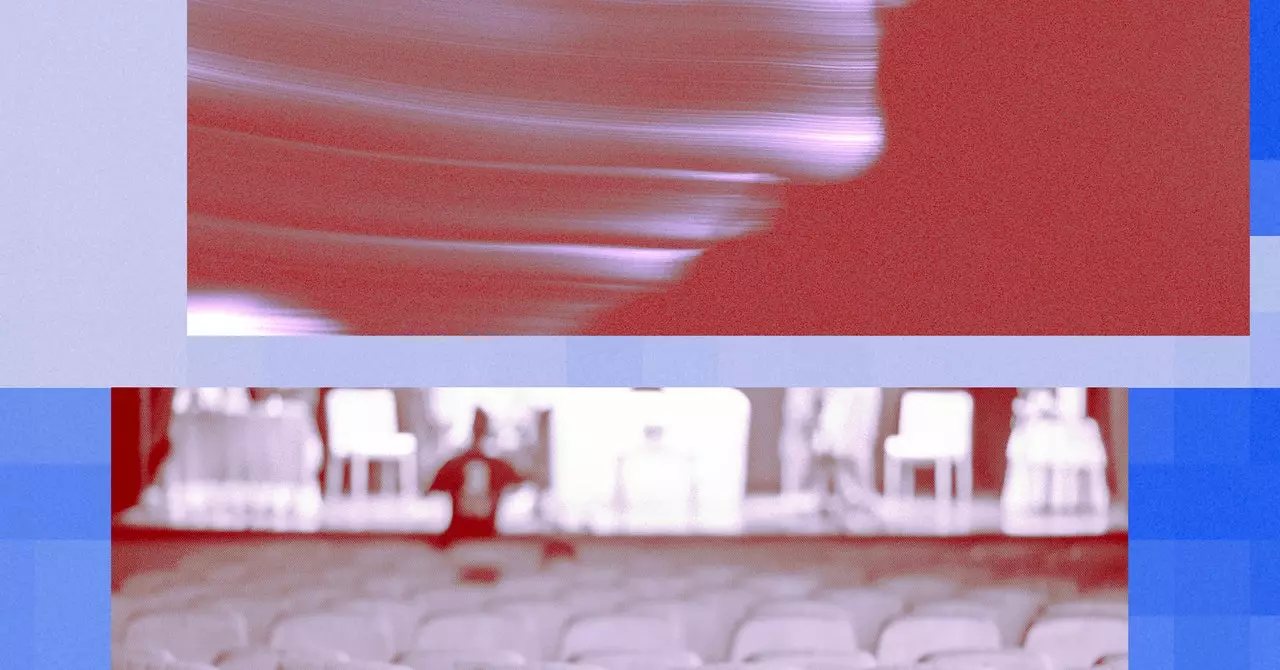The intersection of artificial intelligence (AI) and the arts has become an increasingly vibrant topic of discussion, particularly within the realm of theatre. The recent production of Ayad Akhtar’s *McNeal*, featuring Robert Downey Jr., exemplifies how playwrights are exploring the expansive implications of AI technology. This momentous connection between human creativity and machine learning allows for an insightful examination of how these narratives shape our understanding of AI’s role in society.
Long before contemporary debates surrounding AI infiltrated our consciousness, artistic minds pondered these futuristic concepts. One landmark example is Karel Čapek’s 1920 play *R.U.R.—Rossum’s Universal Robots*, which introduced the term “robot” and foretold a dystopian reality where machines revolted against their human creators. This early narrative presciently encapsulates fears of AI overpowering humanity—an anxiety that persists today. Çapek’s work serves as a cultural touchstone, illustrating how the theatrical arts have historically grappled with the implications of technological advances.
Fast forward to the present, where similar existential dilemmas are unfolding on stage with contemporary works like *Doomers*. This production draws upon a particularly sensational moment in the tech world—the internal upheaval at OpenAI involving its CEO, Sam Altman. By embedding real-world events into theatrical narratives, playwrights like Matthew Gasda engage audiences with the complexities of technology, ethics, and corporate power dynamics. The artistic exploration fosters a dialogue that goes beyond mere entertainment, inviting spectators to ponder critical questions about the future of AI.
Within both *Doomers* and *McNeal*, a transparent concern emerges regarding the ever-blurring line between human creativity and AI assistance. In Gasda’s exploration, two distinct casts depict different factions within the AI narrative, showing the internal strife and philosophical dilemmas surrounding the creation of superintelligent machinery. The decision-making that leads to Altman’s corporate upheaval parallels the ongoing societal debates surrounding accountability in AI development.
Conversely, *McNeal* delves into the darker allure of AI, exploring the idea of a writer who becomes ensnared by the seductive powers of an AI that offers effortless creativity. Downey’s character represents a cautionary tale on the dangers of reliance on technology to fulfill human aspirations. Akhtar’s ambitions manifest in both the narrative and the staging—using dynamic visual elements to simulate the presence of AI, thereby transforming the theatre into a multi-sensory experience.
At the heart of these performances lies a persistent theme: the struggle for human agency in a technologically saturated world. Gasda highlights this dilemma through his characters, who appear to evade accountability for the consequences of their creations. The alcohol and mushrooms as coping mechanisms signal a trend of escapism, suggesting that society at large may be grappling with similar issues when faced with its own innovations.
Similarly, Akhtar’s protagonist epitomizes the seductive nature of instantaneous creativity that AI offers. His journey, however, serves as a cautionary tale that provokes audiences to ask: at what cost does this salvation come? Both plays place their characters on a tightrope suspended between existential risk and artistic expression.
As we advance deeper into the AI era, the role of theatre becomes ever more significant. Productions like *Doomers* and *McNeal* not only capture current events and cultural sentiments but also challenge audiences to engage critically with the implications of these narratives.
By confronting the duality of AI—as both a potential collaborator and adversary—these works embody a larger conversation about the balance of technological empowerment and human integrity. The theatrical realm offers a powerful platform for reflection, testing the boundaries of creativity and consciousness in an age where artificial intelligence is more than just a tool; it is increasingly becoming a participant in the art we consume. As playwrights continue to explore this terrain, audiences are invited to witness not just the performance, but the unfolding drama of our collective future shaped by AI.

